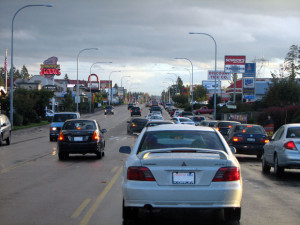Typically when someone is injured at work, the exclusive remedy they will have from their employer is workers’ compensation. This is true even if it was the wrongdoing of the company or the co-worker who caused the accident that resulted in serious injury.
There are some very narrow exceptions in which the law will allow workers to go outside these bounds and seek additional compensation from these parties. One of those involves some type of intentional harm or actions that the company knew would likely cause the worker to be injured. This is often very difficult to prove. However, a case out of Washington State recently carves out another interesting exception. It won’t apply to every case in which a co-worker is negligent in causing a work-related injury, but it may be worth considering when weighing whether to take legal action.
The case is Entila v. Cook, and it was decided recently by the Washington Supreme Court. This was a case where plaintiff was on his way in to work, crossing an access road on company property, when he was struck by a car driven by a co-worker and seriously injured. The injured worker was able to obtain workers’ compensation benefits. Normally, this would mean his co-worker would be immune from any liability. However, plaintiff alleged his co-worker was not immune from a third-party liability claim because the co-worker was not acting in the course and scope of employment at the time of the crash. Continue reading ›
 Florida Injury Lawyer Blog
Florida Injury Lawyer Blog









